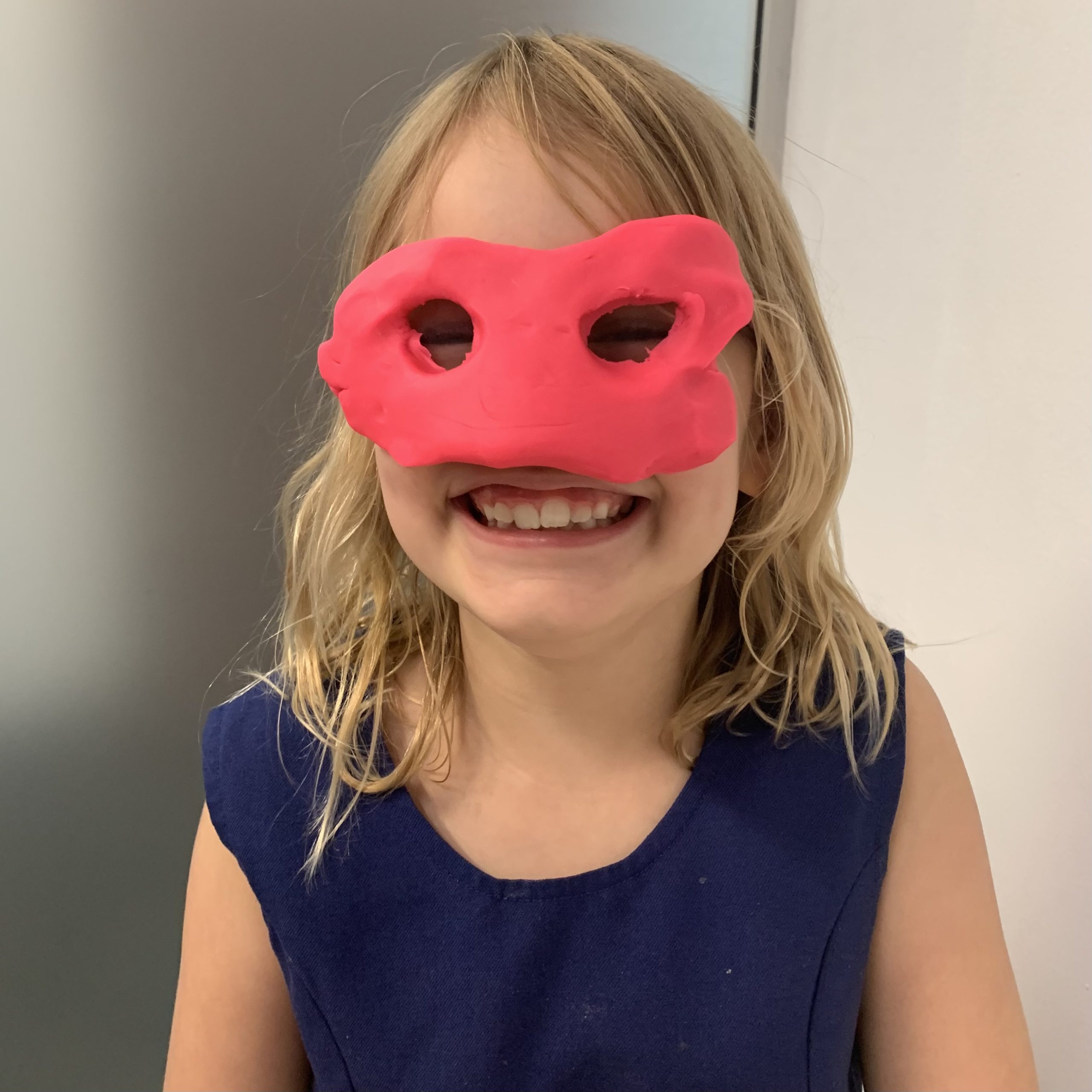
How Mouth Breathing Impacts Speech Development in Children
Mouth breathing, when a child breathes through their mouth instead of their nose, can significantly affect speech development. For children, particularly those in their early years, mouth breathing can lead to various speech and oral challenges. This blog will explain how mouth breathing affects speech and how speech pathology can help children overcome these challenges. If you’re concerned about your child’s speech development in Bondi Junction or Mascot, this information can guide you.
Causes of Mouth Breathing
- Nasal Congestion
A blocked nose due to colds, allergies, or sinus infections can force children to breathe through their mouths. - Enlarged Tonsils or Adenoids
Large tonsils or adenoids can obstruct the airway, making it difficult for children to breathe through their nose. - Structural Issues
Conditions like a deviated septum or other nasal obstructions can lead to mouth breathing. - Habit
Mouth breathing can become a habit, even after the original cause, such as a cold, has resolved.
How Mouth Breathing Affects Speech Development
- Weak Oral Muscles
Mouth breathing can weaken the muscles in the mouth and face, which are essential for clear speech. Weak muscles can lead to speech delays and difficulties forming sounds correctly. - Improper Tongue Placement
Mouth breathing often causes children to develop improper tongue placement, affecting speech sounds. For example, the tongue might rest too low in the mouth rather than against the roof, making it hard to produce clear speech. - Speech Sound Errors
Children who mouth breathe may struggle with specific speech sounds such as “s,” “sh,” “ch,” and “r.” These speech sound errors can make it difficult for others to understand their speech. - Nasal Voice
Mouth breathing can lead to a nasal-sounding voice because airflow through the nasal passages is restricted, affecting how the voice resonates. - Delayed Speech Development
Mouth breathing can slow down speech development. Children may struggle to develop clear speech, leading to speech delays and difficulties with pronunciation.
Other Issues Linked to Mouth Breathing
- Dental Problems
Mouth breathing can cause issues such as misaligned teeth or a narrow jaw, which further impact speech development. - Sleep Problems
Children who mouth breathe may suffer from poor sleep quality, which can affect their learning and speech development. - Facial Structure Changes
Chronic mouth breathing can alter a child’s facial structure, leading to long-term oral health and speech issues.
How to Recognise Mouth Breathing
- The child consistently has their mouth open, even when at rest.
- Complaints of a dry mouth, especially in the morning.
- Snoring or noisy breathing during sleep.
- Frequent throat infections or bad breath.
Helping a Child Who Mouth Breathes
- Medical Evaluation
Consult a doctor to address any underlying causes of mouth breathing, such as nasal blockages or enlarged tonsils. - Allergy Management
If allergies are causing nasal congestion, managing these allergies can improve nasal breathing and reduce mouth breathing. - Nasal Breathing Exercises
Teach children to practice nasal breathing with simple exercises that promote correct breathing habits. - Speech Pathology
A speech pathologist can help strengthen oral muscles, improve tongue placement, and address speech sound errors. If your child experiences speech delays due to mouth breathing, a speech therapist can tailor a plan to address their specific needs. In Bondi Junction and Mascot, our speech therapists work closely with families to improve children’s speech clarity and overall communication skills. - Orthodontic Treatment
If necessary, orthodontic treatment can address dental issues caused by mouth breathing. - Positive Reinforcement
Encouraging and praising your child for using their nose to breathe can help reinforce positive habits.
Activities to Promote Nasal Breathing
- Blowing Bubbles: This fun activity strengthens the mouth muscles and encourages nasal breathing.
- Nose Breathing Games: Make a game out of breathing through the nose. For example, see who can blow a feather in the air by exhaling through the nose.
- Chewing Gum: Chewing gum strengthens the mouth and jaw muscles, helping promote better breathing habits.
- Reading Aloud: Encourage your child to read aloud to practice correct tongue placement and speech sounds.
Lara’s Success Story
Lara, aged six, came to OneOnOne Children’s Therapy in Bondi Junction at age four with unclear speech. After assessing her condition, her speech pathologist identified mouth breathing as a contributing factor. Lara was referred to an ENT specialist who prescribed treatment. Following her recovery and a structured speech therapy program, Lara’s speech clarity improved, and she no longer mouth breathes. Lara’s story highlights the importance of early intervention with speech pathology in addressing speech issues related to mouth breathing.
We’re Here to Support You
At OneOnOne Children’s Therapy, we believe that every child deserves the chance to grow, thrive, and communicate clearly. Our team of speech pathologists in Bondi Junction and Mascot is dedicated to helping children overcome speech challenges, including those related to mouth breathing.
Reach Out for Support
If you’re concerned about your child’s speech development or want to learn more about how speech pathology can help with mouth breathing, contact OneOnOne Children’s Therapy today. Our speech therapists are members of Speech Pathology Australia and offer comprehensive assessments and tailored intervention plans to suit your child’s needs.
Call us on (02) 8065 7837 or email us. You can also book a free 30-minute phone consultation to discuss how we can support your child’s unique speech development journey.
Visit our clinics in Bondi Junction and Mascot to get started on improving your child’s speech and overall well-being with expert speech therapy.
